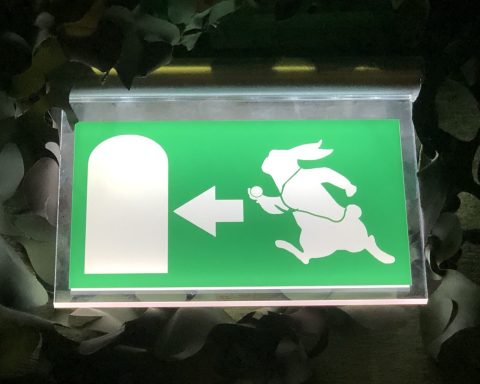Back in 1986 Robin Hull, David Haslam, and David Brooks – all RCGP examiners – founded the GP Writers’ Association.
That’s all very well for a (wealthy) best-selling author you’ll cry, but what’s a work-pressured GP who has an itching urge to write, to do? Simple: join the Society of Medical Writers. Back in 1986 Robin Hull, David Haslam, and David Brooks – all RCGP examiners – founded the GP Writers’ Association. It was an instant success. Other medics clamoured to join so when they and those too in the ‘allied professions’ did so, the name changed to the Society of Medical Writers (SOMW). Although what we write is quite often based on our experiences at work we share a passion for writing fact or fiction, prose or poetry, in any genre and on any subject.
It’s fair to say that even our more senior members still itch to get their work into print and feel a buzz of satisfaction when that happens. I know I do, even though it’s over 40 years since I first burst into print in a journal.
That’s how the 60-plus pages of The Writer – our glossy in-house journal which is sent out to our 150 members twice a year – comes to be packed with startling, droll or humorous short stories, biographies, reviews of books and poetry pamphlets (many written by our members), accounts of memorable patients and experiences, opinions, informative factual articles, curious and intriguing titbits from the literary and wider world, and poems to make you think, rejoice, weep, laugh or even make your heart sing.
Further impetus to overcome the tyranny of the blank page comes from our twice-yearly competitions, with the winners in each of the categories of fiction, non-fiction, and poetry being rewarded with £100.
You may know already that when it comes to books, self-publishing is much easier nowadays. Tiring of the difficulties inherent in the traditional route of publishing, Oliver Eade, one of our members – and a much-published one – linked up with other authors to form Silver Quill, a consortium to help writers transform their manuscripts into finished books. The SOMW itself intends to follow suit and assemble a selection of selected past winners of our competitions into a published anthology.
These meetings provided members with a wide variety of talks and workshops by authors, editors, publishers and others on the many fascinating aspects of the literary world.
In pre-Covid times we met each year for a one-day meeting in London in the spring, and a weekend symposium in the autumn at different venues across the UK. These meetings provided members with a wide variety of talks and workshops by authors, editors, publishers and others on the many fascinating aspects of the literary world. We adjusted to pandemic restrictions by getting together online but plan to resume meeting in the flesh too later this year.
I joined our society at its inception and for the last nine years – since retiring from General Practice – I have had the pleasure and privilege of editing The Writer. Thanks to the SOMW I’ve learned a lot about the craft of writing in that time. Using our gloriously rich English language to compose and polish a gem of prose or verse can be immensely satisfying Given the current low morale in primary healthcare teams you could find such creativity therapeutic as well.
Links and contacts
The SOMW warmly welcomes new members:
- SOMW website: www.somw.org.uk
- Editor of The Writer n.d.wilson@hotmail.co.uk
- SOMW secretary Julian Randall at acrerise01@gmail.com
Featured image by Brett Jordan on Unsplash







